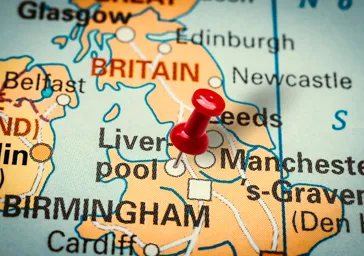Find A Verified Clinic
Trusted Fat Transfer Experts, Local to You
Easily connect with qualified, verified professionals for safe, reliable treatment.

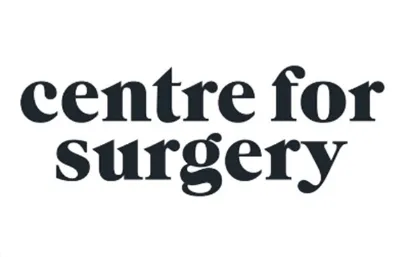
Centre For Surgery
95-97 Baker Street, Marylebone, London, W1U 6RN
~0.4 miles away
Centre For Surgery Accreditations:
- Association of Facial Aesthetics (CODE AFA)
- British Association of Cosmetic Surgeons (BACS)
- British College Of Aesthetic Medicine (BCAM)
- British Medical Association
- Care Quality Commission (CQC)
- European Academy of Facial Plastic Surgery
- General Medical Council (GMC)
- International Society of Aesthetic Plastic Surgery (ISAPS)
- Royal College of Anaesthetists
- Royal College of Surgeons of England
- The Royal Society of Medicine
- UK Association of Aesthetic Plastic Surgery (UKAAPS)
- World Society of Anti-Aging Medicine (WOSAAM)

Angelica Kavouni Cosmetic Plastic Surgeon
Aveling House, 1b Upper Wimpole Street, London, W1G 6AB
~0.7 miles away
Angelica Kavouni Cosmetic Plastic Surgeon Accreditations:

111 Harley St.
111 Harley Street, London, W1G 6AW
~0.8 miles away
111 Harley St. Accreditations:

EA Clinic
99 Harley Street, Suite Eac, Marylebone, W1G 6AQ
~0.8 miles away
EA Clinic Accreditations:
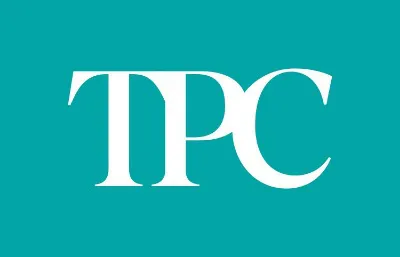
The Private Clinic Harley Street
98 Harley Street, Marylebone, London, W1G 7HZ
~0.8 miles away
The Private Clinic Harley Street Accreditations:
- British Association of Aesthetic Plastic Surgeons (BAAPS)
- British Association of Plastic, Reconstructive and Aesthetic Surgeons (BAPRAS)
- British College Of Aesthetic Medicine (BCAM)
- Care Quality Commission (CQC)
- General Medical Council (GMC)
- Institute of Trichologists
- Royal College of Surgeons of England
- Treatments You Can Trust (TYCT) Register Of Cosmetic Injectable Providers
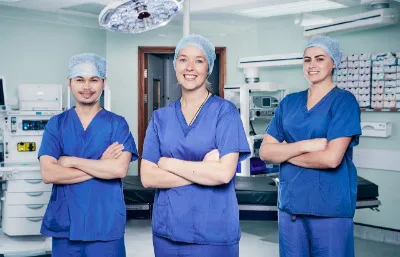
Mr Rajiv Grover
94 Harley Street, London, W1G 7HX
~0.8 miles away
Mr Rajiv Grover Accreditations:
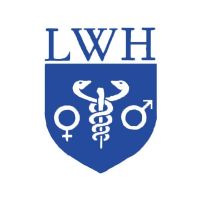
London Welbeck Hospital
27 Welbeck St, London, W1G 8EN
~0.9 miles away
London Welbeck Hospital Accreditations:
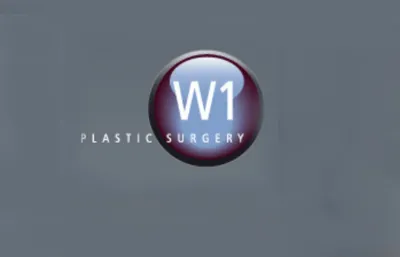
Plastic Surgery West One
14 Queen Anne Street, London, W1G 9LG
~1.0 miles away
Plastic Surgery West One Accreditations:
Botonics
10 Harley Street, Marylebone, London, W1G 9PF
~1.0 miles away
Botonics Accreditations:
- Association for Nurse Prescribing
- British Association of Aesthetic Plastic Surgeons (BAAPS)
- British Association of Cosmetic Surgeons (BACS)
- British Association of Medical Aesthetic Nurses (BAMAN)
- British Association of Plastic, Reconstructive and Aesthetic Surgeons (BAPRAS)
- British College Of Aesthetic Medicine (BCAM)
- Care Quality Commission (CQC)
- General Medical Council (GMC)
- International Society of Aesthetic Plastic Surgery (ISAPS)
- Nursing and Midwifery Council (NMC)
- Royal College of Surgeons of England
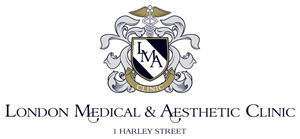
London Medical and Aesthetic Clinic
14 Manchester Square, Milner House , London, W1U 3PP
~1.0 miles away
London Medical and Aesthetic Clinic Accreditations:

PICO Clinic
Cameo House, 11 Bear St, London, WC2H 7AS
~1.6 miles away
PICO Clinic Accreditations:
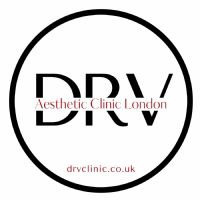
DRV Clinic
89-91 Wardour St, London, W1F 0UB
~1.6 miles away
DRV Clinic Accreditations:
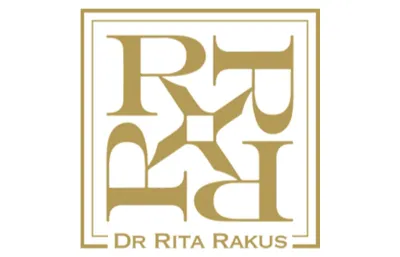
Dr Rita Rakus Mbbs Knightsbridge
34 Hans Road, Knightsbridge, London, SW3 1RW
~2.0 miles away
Dr Rita Rakus Mbbs Knightsbridge Accreditations:
Explore Clinics Near You on the Map
See exactly where verified Fat Transfer clinics are located across Lisson Grove.
Zoom in, pan around, and click any marker to view each clinic’s profile, read reviews, and check their credentials before you book.
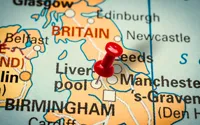
Your Fat Transfer Questions
Real Questions from Real People, Answered
Straightforward answers to the questions people like you are asking right now about Fat Transfer .

How much per area for fat freezing please?
Hi How much per area for fat freezing please?also what slimming pills do you use for weight loss pkease? Many thanks.
Fat transfer breasts
Hello, I would like to have some fat transfer into my breasts if this is possible?
To view all the Fat Transfer questions, please click here.
Or click here to ask your own question.
Stay Informed with the Latest Aesthetic News & Offers
Join our free newsletter to receive updates on the latest treatments, safety guidance, and exclusive clinic offers near you.
No spam, just expert insights and trusted advice from the UK’s leading aesthetics directory.

